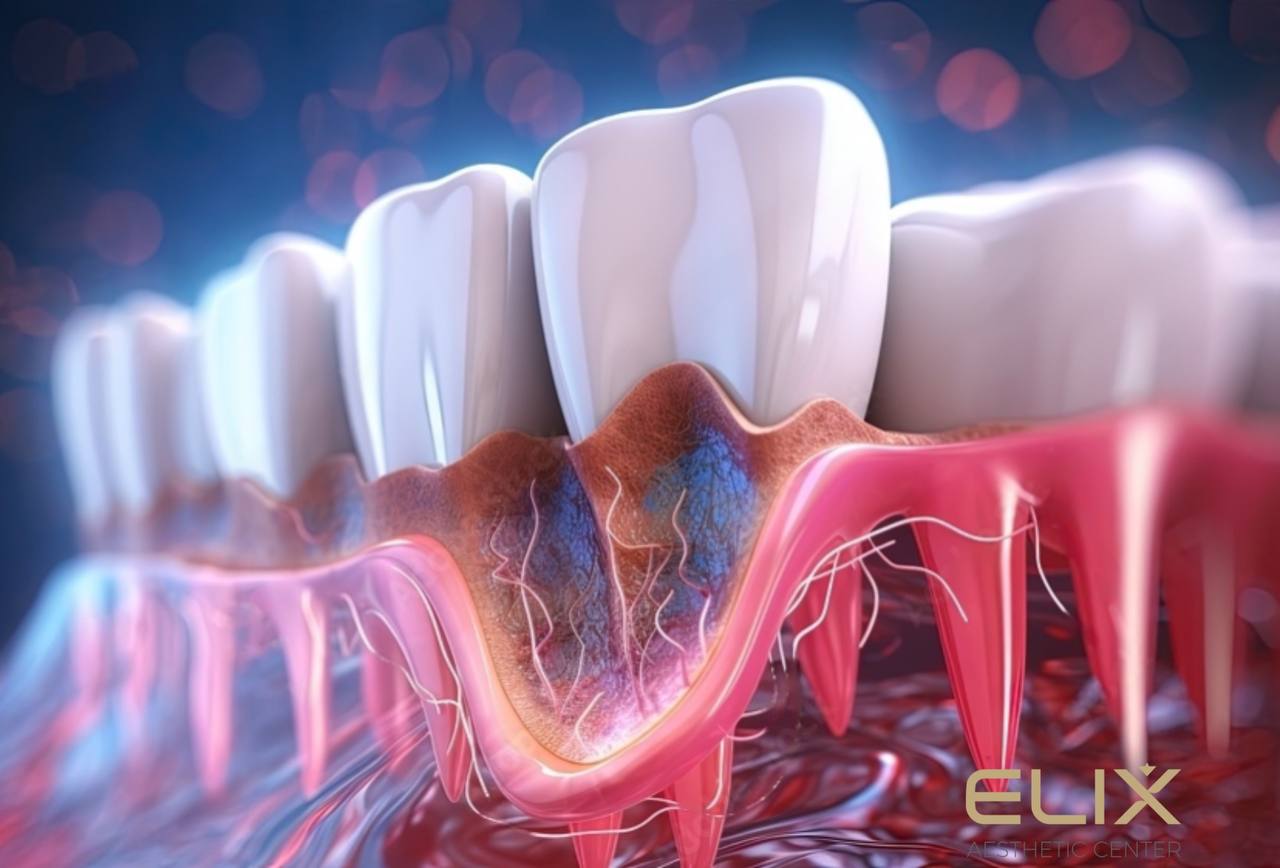
Pulpitis, its Symptoms, Causes, and Treatment Methods
What is Pulpitis and Why Does It Occur?
Pulpitis is the inflammation of the pulp inside the tooth (the nerves and blood vessels), which usually occurs as a result of the progression of tooth decay or due to tooth injury.
Pulpitis can be acute or chronic. Acute pulpitis can cause intense pain, while chronic pulpitis may be less painful but have a longer-lasting effect.
Symptoms of Pulpitis:
The main symptoms of pulpitis are:
- Intense and continuous pain, especially at night
- Radiating pain that spreads to the ears, cheeks, or nose area
- Sensitivity to hot or cold foods and beverages
- Tooth pain when biting or clenching
If you experience any of the above symptoms, it is essential to see a dentist immediately.
Causes of Pulpitis:
Pulpitis usually occurs due to the following causes:
- Deep carious cavities, which develop as a result of tooth decay, allowing infection to reach the pulp cavity.
- Tooth Injury, which may involve a fracture or dislocation.
- Inadequate oral hygiene.
- Bacterial penetration into the pulp through tooth cavities.
Methods of Treating Pulpitis:
The methods of treating pulpitis depend on the degree of inflammation and the condition of the tooth:
- Pulpotomy: Removal of the inflamed part of the pulp, when the remaining healthy part of the tooth is still intact and can be restored.
- Complete Pulpectomy: Full removal of the pulp, which is typically done during root canal treatment.
- Root Canal Treatment: The cavities inside the tooth are cleaned and then filled with special materials to prevent further inflammation.
- Tooth Extraction: If the tooth is not restorable, it may need to be extracted.
Prevention of Pulpitis:
Preventing pulpitis is very important and requires the following steps:
- Regularly visit the dentist for preventive checkups and cleanings.
- Maintain good oral hygiene, including brushing your teeth twice a day and flossing.
- Avoid excessive sugary foods and beverages.
- Avoid harmful habits such as smoking.
Pulpitis can be a very painful and troublesome condition, but with timely and proper treatment, it can be successfully treated. If you have symptoms of pulpitis, consult a dentist immediately to ensure your health and well-being.
Frequently Asked Questions:
How can I know if I have pulpitis?
The main symptoms of pulpitis are intense and continuous pain, which can radiate to the ears, cheeks, or nose area, as well as sensitivity to hot or cold food and drinks.
Is pulpitis treatment painful?
During pulpitis treatment, local anesthetics are used to eliminate pain during the procedure.
What can I do if I can't visit the dentist immediately?
If you can't visit the dentist immediately, try to alleviate the pain with pain relievers and avoid hot or cold food and drinks. However, make sure to schedule a visit to the dentist as soon as possible.


